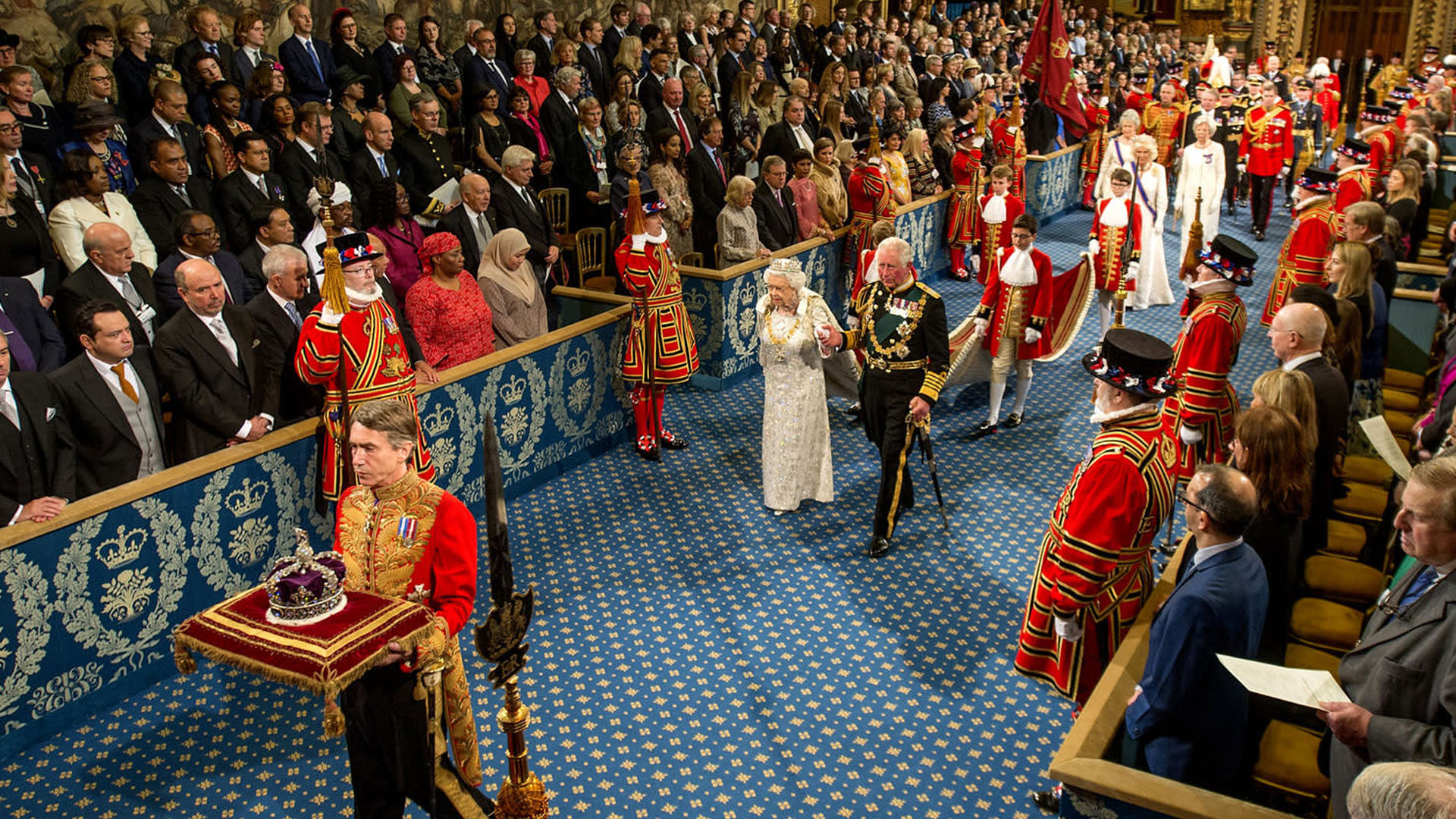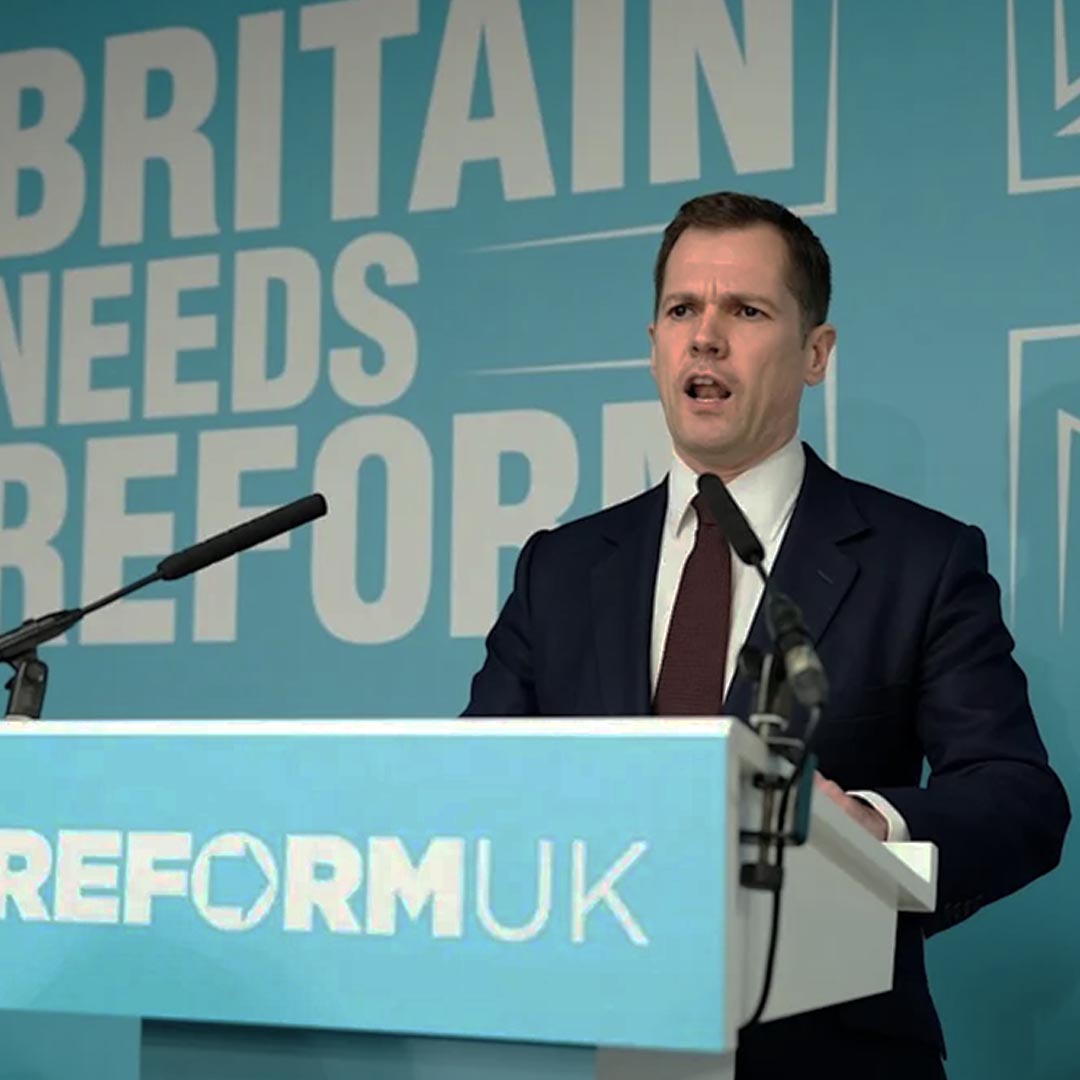Next week after the dust settles on the biggest round of elections in decades, politician’s attention will quickly turn to the Queen’s Speech.
Boris Johnson’s first parliamentary session was dominated by Brexit and the pandemic. Whilst these two issues haven’t gone away, this is the session of parliament that Johnson should be looking to, to make his mark on history, With the last General Election fading into history and the next one not on the horizon, now is the time for ministers to make their mark.
There has been much talk about legislation to implement the levelling up the North agenda. While it is true, we have seen little sign of it yet, jobs and infrastructure investment doesn’t need bills, just the determination of a government that honestly believes in devolution. I doubt this one does. There is no sign of a plan, leave alone legislation, to bring about the fundamental constitutional reform this country needs.
This government could use its big majority, and distance from a General Election to finally get to grips with elderly care funding. The promised all party talks have not taken place and it is by no means certain legislation will be introduced. Neither main party has got the courage to grasp this nettle, it’s pathetic.
So, what are we to expect in the Queen’s Speech that will be of interest to business? A bill to set up the Advanced Research and Inventions Agency seems sensible. This country has a great tradition of developing bright ideas, even if they have not always been sufficiently capitalised on. Legislation to establish freeports will go through, although opinion is divided on whether they just move jobs from one area to another. A controversial scheme to speed up housing development will probably go through despite objections from some Tories. Land will have to be designated as protected or available for development.
The Police Bill which has attracted violent protests in cities like Bristol will reach the statute book. The government feel they have the public on their side in cracking down on the obstructive tactics of organisations like Extinction Rebellion. The Fixed Term Parliament legislation will be repealed. Designed to curb Prime Ministerial power to name the date of an election, it proved ineffective twice. First in 2017 when Theresa May saw her chance of a majority and Labour couldn’t be seen to be frightened of a showdown and then in 2019, Johnson built up such pressure on a Labour Party that knew it was going to lose, that he forced a poll that handed him an 80-seat majority. So, it will be back to the days when for 18 months before the final possible date for an election, we will be subject to endless speculation on when the contest will be.














